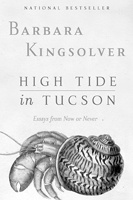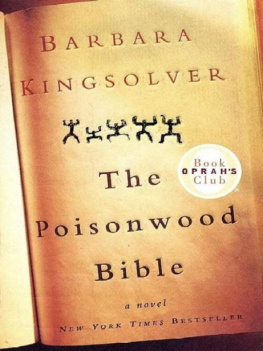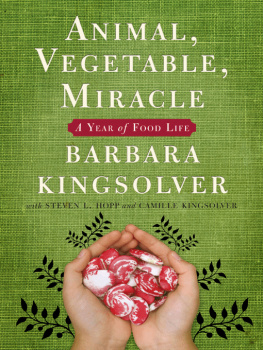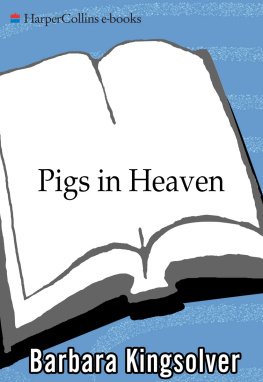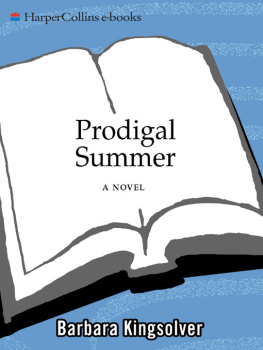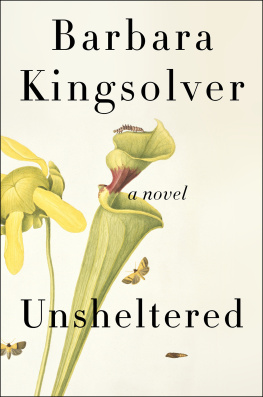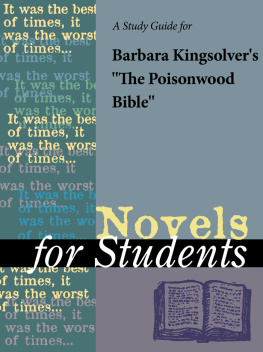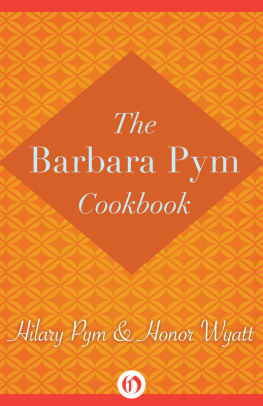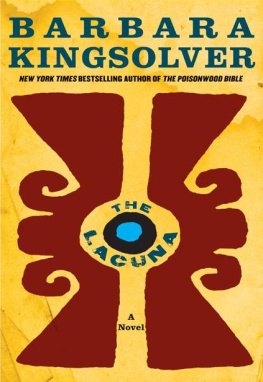I
M Y GREAT-GRANDMOTHER belonged to the Bird Clan. Hers was one of the fugitive bands of Cherokee who resisted capture in the year that General Winfield Scott was in charge of prodding the forest people from their beds and removing them westward. Those few who escaped his notice moved like wildcat families through the Carolina mountains, leaving the ferns unbroken where they passed, eating wild grapes and chestnuts, drinking when they found streams. The ones who could not travel, the aged and the infirm and the very young, were hidden in deep cane thickets where they would remain undiscovered until they were bones. When the peoples hearts could not bear any more, they laid their deerskin packs on the ground and settled again.
General Scott had moved on to other endeavors by this time, and he allowed them to thrive or perish as they would. They built clay houses with thin, bent poles for spines, and in autumn they went down to the streams where the sycamore trees had let their years work fall, the water steeped brown as leaf tea, and the people cleansed themselves of the sins of the scattered-bone time. They called their refugee years The Time When We Were Not, and they were forgiven, because they had carried the truth of themselves in a sheltered place inside the flesh, exactly the way a fruit that has gone soft still carries inside itself the clean, hard stone of its future.
II
My name is Gloria St. Clair, but like most people Ive been called many things. My maiden name was Murray. My grown children have at one time or another hailed me by nearly anything pronounceable. When I was a child myself, my great-grandmother called me by the odd name of Waterbug. I asked her many times why this was, until she said once, to quiet me, Ill tell you that story.
We were on the front-porch swing, in summer, in darkness. I waited while she drew tobacco smoke in and out of her mouth, but she said nothing. Well, I said.
Moonlight caught the fronts of her steel-framed spectacles and she looked at me from her invisible place in the dark. I said Id tell you that story. I didnt say I would tell it right now.
We lived in Morning Glory, a coal town hacked with sharp blades out of a forest that threatened always to take it back. The hickories encroached on the town, springing up unbidden in the middle of dog pens and front yards and the cemetery. The creeping vines for which the town was named drew themselves along wire fences and up the sides of houses with the persistence of the displaced. I have heard it said that if a man stood still in Morning Glory, he would be tied down by vines and not found until first frost. Even the earth underneath us sometimes moved to repossess its losses: the long, deep shafts that men opened to rob the coal veins would close themselves up again, as quietly as flesh wounds.
My great-grandmother lived with us for her last two years. When she came to us we were instructed to call her Great-Grandmother, but that proved impossible and so we called her Great Mam. My knowledge of her life follows an oddly obscured pattern, like a mountain road where much of the scenery is blocked by high laurel bushes, not because they were planted there, but because no one thought to cut them down.
I know that her maternal lineage was distinguished. Her mothers mothers father was said to have gone to England, where he dined with King George and contracted smallpox. When he returned home his family plunged him into an icy stream, which was the curative custom, and he died. Also, her mother was one of the Bird Clans Beloved Women. When I asked what made her a Beloved Woman, Great Mam said that it was because she kept track of things.
But of Great Mams own life, before she came to us, I know only a little. She rarely spoke of personal things, favoring instead the legendary and the historic, and so what I did discover came from my mother, who exercised over all matters a form of reverse censorship: she spoke loudly and often of events of which she disapproved, and rarely of those that might have been ordinary or redemptive. She told us, for instance, that Great-Grandfather Murray brought Great Mam from her tribal home in the Hiwassee Valley to live in Kentucky, without Christian sanction, as his common-law wife. According to Mother, he accomplished all of this on a stolen horse. From that time forward Great Mam went by the name of Ruth.
It was my mothers opinion that Great-Grandfather Murray was unfit for respectable work. He died after taking up the honest vocation of coal mining, which also killed their four sons, all on the same day, in a collapsed shaft. Their daughter perished of fever after producing a single illegitimate boy, who turned out to be my father, John Murray. Great Mam was thus returned to refugee ways, raising her grandson alone in hard circumstances, moving from place to place where she could find the odd bit of work. She was quite remarkably old when she came to us.
I know, also, that her true name was Green Leaf, although there is no earthly record of this. The gravesite is marked Ruth. Mother felt we ought to bury her under her Christian name in the hope that God in His infinite mercy would forget about the heathen marriage and stolen horses and call her home. It is likely, however, that He might have passed over the headstone altogether in his search for her, since virtually all the information written there is counterfeit. We even had to invent a date and year of birth for her since these things were unknown. This, especially, was unthinkable to my brothers and me. But we were children, of course, and believed our own birthdays began and ended the calendar.
To look at her, you would not have thought her an Indian. She wore blue and lavender flowered dresses with hand-tatted collars, and brown lace-up shoes with sturdy high heels, and she smoked a regular pipe. She was tall, with bowed calves and a faintly bent-forward posture, spine straight and elbows out and palms forward, giving the impression that she was at any moment prepared to stoop and lift a burden of great bulk or weight. She spoke with a soft hill accent, and spoke properly. My great-grandfather had been an educated man, more prone in his lifetime to errors of judgment than errors of grammar.
Great Mam smoked her pipe mainly in the evenings, and always on the front porch. For a time I believed this was because my mother so vigorously objected to the smell, but Great Mam told me otherwise. A pipe had to be smoked outdoors, she said, where the smoke could return to the Beloved Old Father who gave us tobacco. When I asked her what she meant, she said she meant nothing special at all. It was just the simplest thing, like a bread-and-butter note you send to an aunt after she has fed you a meal.
I often sat with Great Mam in the evenings on our porch swing, which was suspended by four thin, painted chains that squeaked. The air at night smelled of oil and dust, and faintly of livestock, for the man at the end of our lane kept hogs. Great Mam would strike a match and suck the flame into her pipe, lighting her creased face in brief orange bursts.
The small people are not very bright tonight, she would say, meaning the stars. She held surprising convictions, such as that in the daytime the small people walked among us. I could not begin to picture it.
You mean down here in the world, or do you mean right here in Morning Glory? I asked repeatedly. Would they walk along with Jack and Nathan and me to school?
She nodded. They would.
But why would they come here ? I asked.
Well, why wouldnt they? she said.

